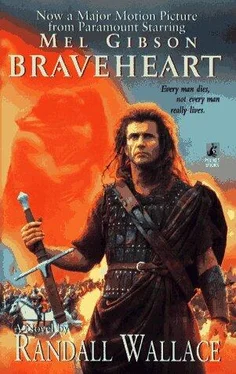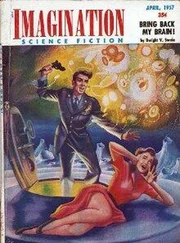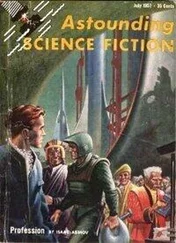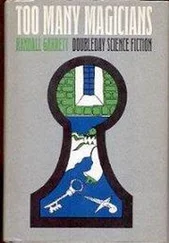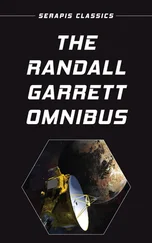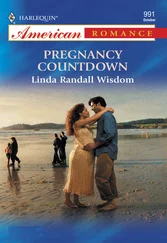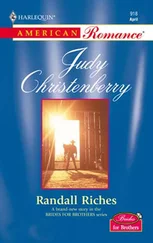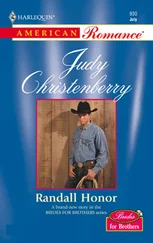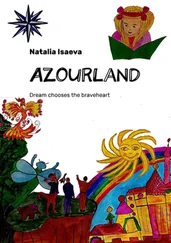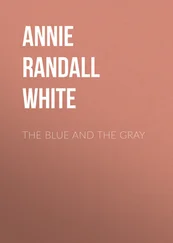They wound into Edinburgh, Scotland’s royal seat, city of its last king. The road grew more crowded, but the peasants and free merchants scrambled aside to let the riders pass. At the steep hill up to the castle their horses labored, but the young man spured his horse into the lead and through the gates without pause. A clatter of hooves upon the cobblestones, a snapping of the guards’ pikes in salute, and Robert, 17 thearl of Bruce, had arrived.
Gathered around a massive table in the central room of the castle were two dozen noblemen, supporters of the Bruce’s claim to the vacant Scottish throne. As young Robert strode in, still spattered with the mud of his ride, the others stood and bowed their heads in respect. Robert waved his solemn acknowledgment and took his seat at the center of the table; the others settled in respectfully. Young Robert glanced to his friend Mornay, another young noble similarly attired in fighting armor, and gave him another nod in personal greeting, as he did to Craig, a balding, gray-haired nobleman.
Old Craig was not only leader of the council, he had long been a friend and ally of the Bruce’s father. He spoke up immediately. “Young Robert, we are honored! And your father is well?”
“He strained his leg so that it pains him to ride, but he sends his compliments.” Robert glanced around the table to include all of them, for noble pride was never to be slighted. Then Robert, as was his habit, plunged right into business. “He hears Longshanks has granted prima noctes. ”
“Clearly meant to draw more of his supporters here.” Craig said.
Mornay, lean, dark, and fit, though not so handsome as young Bruce, had been impatiently awaiting his friend’s arrival and now gave vent to the sentiments that had been pushing to get out. “The Balliols have endorsed the right, licked Longshanks’s boots so he will support their claim to the throne!”
The comment set off a storm of hatred, like the first flash of lightning brings the rain. The competition for the crown of Scotland had only grown uglier in the years since the death of Alexander, Scotland’s last king, and the untimely death of his infant successor. Alliances had been made and broken into brawls, cousin had killed cousin, brother had murdered brother. Two families—Balliol and Bruce—had emerged as the leading contenders. Most of the noblemen, and the commoners, too, seemed to favor the Bruces; they were more instinctively warlike, they exhibited a decisive ruthlessness, and the Highland clans had always respected action more than words. There was self-interest; many times they had earned English favor—and the corresponding rewards of huge tracts of land along the border areas—by suppressing renegade uprisings among the Lowland clans. But the clans, autonomous tribes under chieftains who held the power of life and death over their members, lived by fighting with and stealing from each other, especially from the Lowlanders, so they were unoffended by the Bruce family’s persecution of their neighbors to the south. Alliances with the English king were another matter, yet they saw that for every treaty made there was a treaty broken. To them it seemed that the Bruces clasped one hand with the English only to draw them close enough to punch them with the other.
Several times the Bruces had been captured and imprisoned by the English. They had always been released when it seemed to Longshanks that the headaches he suffered over the rising power of the Bruces had been less painful than the torments of unchecked marauders along the northern borders of his kingdom.
The Balliols had been troublesome, too, but although they were as pugnacious as the Bruces, they seemed to have a preference for diplomacy. Longshanks had seen this and had endorsed John Balliols as heir to the Scottish throne. The support of Longshanks—his threats to opponents, his bribes to supporters—swung a majority of the noble families of Scotland into the Balliol camp, and a consensus of this happened than Longshanks insisted the new king come to England and pay him homage, thus declaring himself a servant of the English crown. Balliol had resisted, for to do so would have shown him to be no king at all. Longshanks responded by laying siege, to Balliol’s castle and taking him prisoner. From prison Balliol had given in and announced his homage, Longshanks accepted the subservience and kept Balliol locked up anyway.
So now all of Scotland was even further divided. Some Scottish free men said their king was in prison; others felt the man in jail was no king at all, and they looked for another. The Scots continued to fight among themselves. Longshanks was happy, because they were no longer fighting him.
Hatred and anger ran strong in the deep veins of the Scottish spirit, and those emotions were vividly expressed around that great table in Edinburgh Castle as young Robert Bruce met with his supporters. Bruce let them give tongue to their passions; it was useful to allow them to let some of the heat out, so they could be led.
But finally Mornay brought their choices into focus. “If we fight now,” he said, “we will have the commoners’ support.”
Robert now said what he had prepared to say even before he set out for the meeting. “My father believes it is too soon to step out alone. He says we must lull Longshanks into confidence by neither supporting his decree nor opposing it.” Young Bruce glanced at Mornay, who saw in the look that he too would rather fight than talk, rather act than wait. But Bruce’s father had long been known for the shrewdness of his instincts, and no man there would dispute the elder Bruce’s council.
“A wise plan,” Craig announced, ending the meeting.
The allied nobles filed out, making friendly conversation about the bounty of the harvest from their lands, expansions of their castles, improvements of their horses’ breeds. Young Bruce went with them, promising each that he would carry their fondest greetings to his father.
Then just before he mounted his horse for the ride home, Robert found a moment with Mornay. Mornay’s brown eyes sparkled, deep and intense; his grip on Bruce’s hand was strong, purposeful. It reminded Bruce once again that his friend was ambitious—and growing impatient. Mornay leaned close to him and whispered, “This diplomacy is a game for old men.”
Robert grinned as if Mornay had just joked with him; he did not want these men to see them whispering, for private exchanges tended to make the hands of some men—and especially of these men—seek the handles of their swords. He climbed into his saddle and waited as Mornay, with as fine a contingent of mounted men as any in Scotland, leaped onto his own horse. They rode side by side to the gates of the city, and then, as their paths home parted, Bruce said to Mornay, “Don’t worry. The time for you and me is coming.”
BARELY A DAY’S JOURNEY FROM EDINBURGH, BUT IN A different world from the royal city with its fine residences overlooked by the noble fortress, lay Lanark, a village of mud streets and stone houses, with thatched roofs and the persistent aroma of peatmoss fires. Lanark was a market for farmers, a gathering place for fairs and festivals. Such a festival, this one of planting was then taking place in the open grassy area at the edge of town. Flutes chortled like birds, notes sparkling hair and bounced and spun to the music; children chased each other; old men laughed. Farmers carted in fresh bread and wheels of cheese; villagers brought out casks of beer or strings of smoked fish.
All of this happened before the guarded gaze of English soldiers. Some were battle-scarred veterans with missing eyes and ears, others were pimply boys away from home for the first time. They had been told from birth that the Scots were little more than animals; they knew that even the Romans, conquering Britain a thousand years earlier, had decided these wild people who went into battle with their bodies painted blue and had been known to strip naked in battle and build defensive walls with their dead, were better left alone. This was a country that could not be subdued; English kings may not have known it, but their occupying troops knew it only too well. They moved about only in groups, rested only with sentries posted, and learned never to turn their backs on anyone. Although Longshanks had decreed that no Scottish civilians could own weapons, even the women carried blades tucked among their clothes. The garrison at Lanark was headquartered in a stronghold near the village center. They were commanded by a man named Hesselrig, who held the official title of sheriff of Lanarkshire.
Читать дальше
